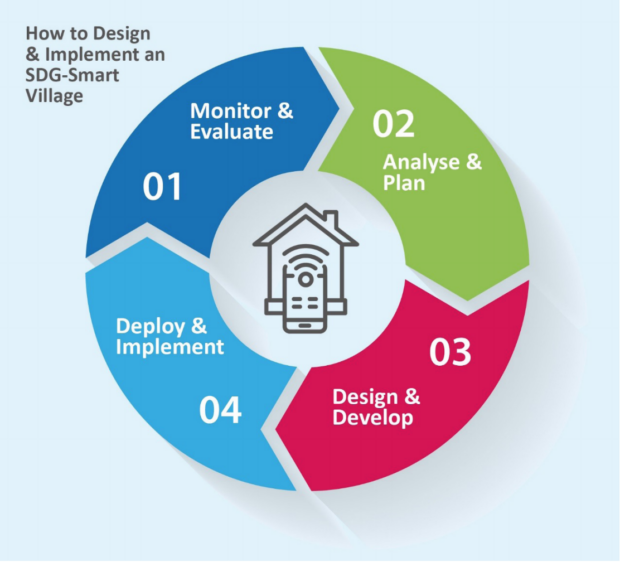Digitization has enormous potential to catalyze development and expand access to education and healthcare, lift individuals out of poverty, and drive competitive markets and innovation.
Equally so, digitization can cause unintentional, or intentional, harm to people and communities:
- Curtailing competition and escalating inequality by centralizing decision-making power among a few influential actors.
- Undermining trust in vital institutions due to data breaches, government surveillance, and targeted disinformation campaigns.
- Reinforcing biases via opaque algorithms.
To ensure digital transformation is ultimately a positive force for change, two factors will play a central role:
- Foundational digital platforms, like consent management, identity, payments, must be intentionally designed, implemented, and governed to benefit society.
- Data produced through digitization needs to be governed so that it enables trusted data sharing, thereby maximizing its value for people, governments, and markets while also ensuring privacy is preserved and data is protected.
Why governance of digital platforms? Why now?
Today, there is growing support for digital platforms that are intentionally designed for societal benefits, such as digital public infrastructure (DPI). For example, donors committed $295 million to DPI at the United Nations General Assembly in 2022. That was just one announcement of funding in recent times.
This increase in resourcing and financial investment presents a huge opportunity to harness the power of technology for good. But it’s essential that clear governance rules, as well as strong oversight and accountability mechanisms, are developed and implemented.
What do we seek to do?
Within our existing body of research focused on people-centered data exchange and consent, we have already begun examining emerging technologies, policies, and institutional approaches to ensure digital platforms are inclusive and trusted.
We aim to introduce two additional interconnected lines of inquiry through our Research Fellowship program this year:
- Permissions-based data flows across national borders – As momentum builds for regional digital cooperation, the governance of cross-border data flows has become an increasingly pressing data governance issue. This subject must be reviewed – not just in the light of the current digital economy structure, but also considering potential emerging models, e.g. protocol-based models like Beckn Protocol. We will explore what this might look like against the backdrop of regional efforts to harmonize data protection across national borders.
- Building capacity for a single digital market – Effective governance of digital platforms – particularly those spanning national borders – requires new institutional structures, public administration models, regulatory regimes, and more. These changes necessitate new capabilities and learning networks. Our research will explore how different communities, advisory networks, and other relevant aspects have developed to support deployment of DPI in a way that promotes inclusion and trust.
For more on this work
This research is part of our inaugural Research Fellowship, which aims to explore the opportunities, risks, and interdependencies between DPI and climate resilience, gender inclusion, and good governance of digital platforms.
We understand and value the importance of incorporating external views and diverse perspectives to enrich our understanding and drive innovation. As such, we invite you to connect and partner with us, and we welcome your perspectives and expertise on this topic. For more information, please email jdolan@dial.global.




